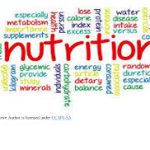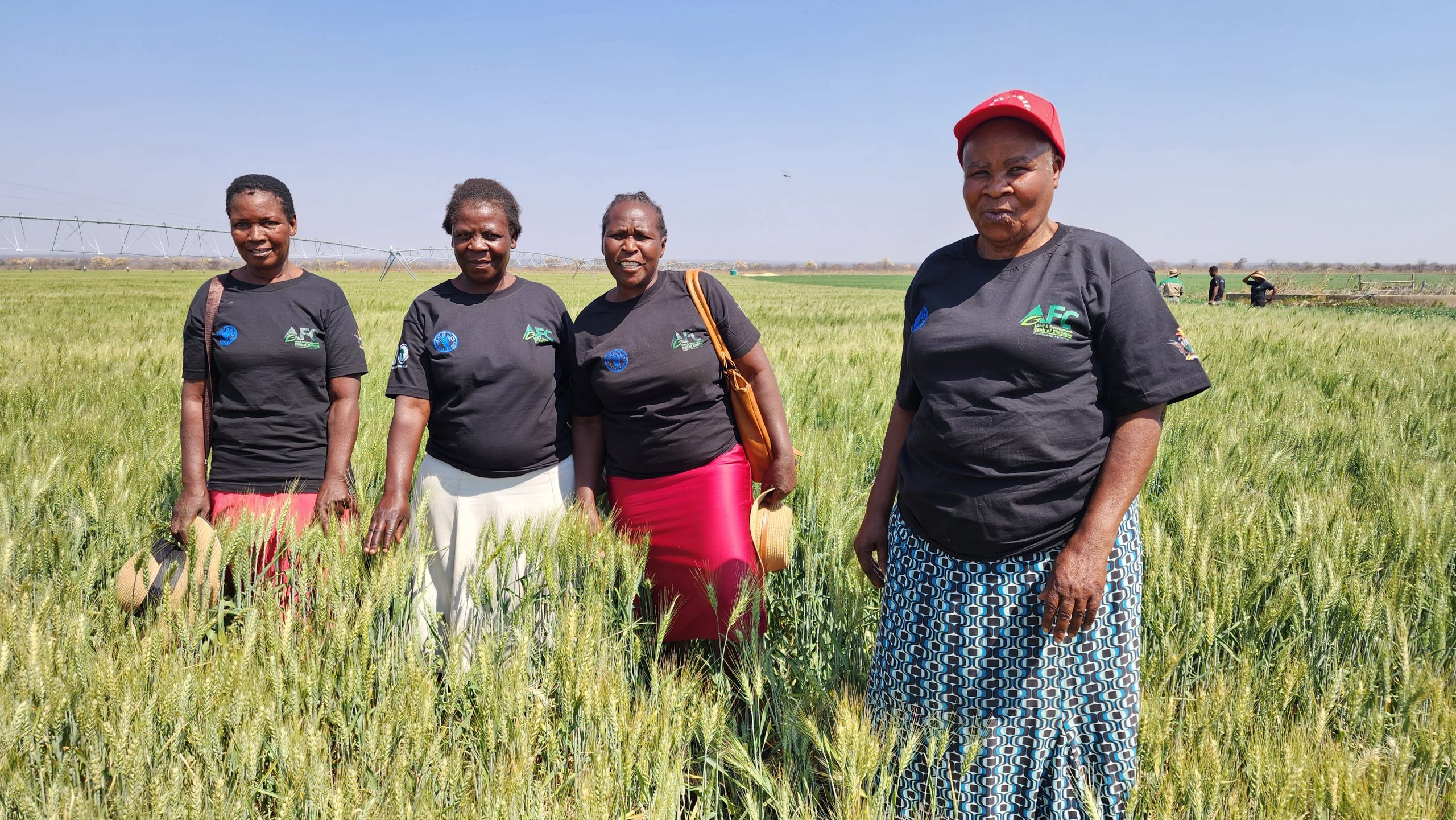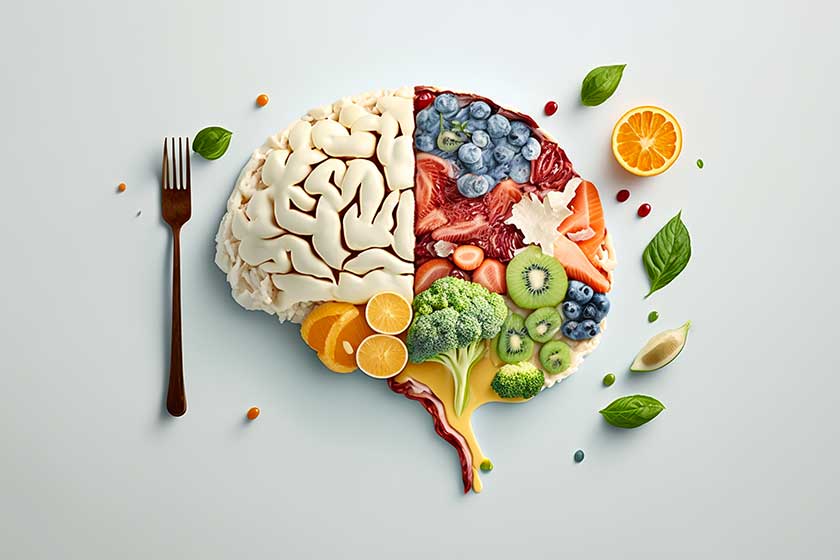 Written by: Angie Zengeya (Nutritionist and Agriprenuer)
Written by: Angie Zengeya (Nutritionist and Agriprenuer)
Contact: +447909394989; angiezengeya@gmail.com
Getting older is a natural process that affects everyone. It brings about both opportunities for growth, self-awareness, happiness and challenges. Changes in physical health, emotional well-being, social dynamics, and the scarcely talked about changes in cognitive function, impacting daily life and overall health. These changes can include dementia.
Dementia is an umbrella term for a wide range of symptoms that result from damage to the brain.
When nerve cells in the brain stop working correctly, the person’s cognitive (thinking) abilities decline severely enough to interfere with daily life. While age and genetics are risk factors we cannot control, researchers agree on one powerful way to help prevent or slow it down: through the food we eat.
The brain needs a constant supply of energy, essential fatty acids, vitamins, and minerals to function well. But not all foods are equal. Some help your brain stay strong and healthy, while others can cause damage over time. Diets rich in vegetables, fruits, whole grains, legumes, nuts, and fish are consistently linked to a lower risk of cognitive decline and dementia. Reducing highly processed foods, excess sugar, and unhealthy fats is important because these are associated with higher rates of diabetes, high blood pressure, and obesity—conditions that raise dementia risk.
In Zimbabwe, we are lucky to have access to many natural, traditional foods that can support brain health.
Zimbabwe’s Brain-Friendly Foods
| Food Category | Examples & Why They Help | Suggestions in Zimbabwe / Locally Grown / Affordable |
| Leafy green vegetables | Rich in folate, vitamin K, carotenoids; help reduce homocysteine levels; antioxidants | Muboora (pumpkin leaves), covo/covo, bosso/dodo/Amaranthus, mufushwa leaves, spinach, kale. Use these daily with meals. |
| Legumes / Pulses | Protein source, fibre, micronutrients; slow blood sugar rise; good for vascular health | Beans (nyemba, sugar beans), groundnuts (peanuts), cowpeas, bambara nuts. Stews, soups. |
| Whole grains and complex carbs | Provide steady glucose, fibre, B vitamins; less processed sugar spikes | Sadza (if made with whole grain / less‐refined maize meal), brown millet, sorghum, finger millet, wholemeal bread if available. Oats. |
| Healthy fats and oils | Omega‐3s, monounsaturated fats support brain cell membranes and reduce inflammation | Small oily fish (Kapenta), groundnuts / peanut butter, sunflower oil, if available olive oil (or mix). Seeds like pumpkin seeds, sesame. |
| Fruits | Provide antioxidants, vitamins; berries are especially good, but in Zimbabwe, similar fruits work | Local fruits like mangoes, bananas, avocados, guavas, papaya. If berries are available, great. Dried fruits when fresh not available. |
| Animal protein / Lean protein | Needed for repair, neurotransmitters etc. Fish rich in omega‐3 is especially good | Kapenta, other small fish, chicken, eggs; lean cuts of meat but limit excessive fatty or processed meat. Milk and dairy products also helpful. |
| Spices & herbs | Some have anti‐inflammatory / antioxidant effects | Turmeric (if available), ginger, garlic; fresh herbs. Indigenous herbs may help, though more research is needed. |
| Hydration & small frequent meals | Keeping hydrated and ensuring nutrient density is important because dementia often reduces appetite; malnutrition is a risk. | Water, soups, teas; include milky drinks, fruit juices (no added sugar). Small snacks like nuts, fruit between meals. |
As dementia progresses, individuals may experience changes in appetite, difficulty swallowing, or a preference for selective eating. Smaller, more frequent meals; Prepare meals that are soft and easy to chew, such as mashed sadza, pureed soups, or well-cooked vegetables; Make meals visually appealing and aromatic. If appetite is poor, focus on nutrient-dense options like smoothies made with fruits, yogurt (if dairy is consumed), and groundnuts.
Eating too little or too much can both be harmful. Older adults who are underweight may lose brain function faster, while people who are overweight in middle age have a higher risk of developing dementia later. A nutritious, largely plant-based diet combined with regular physical activity, keeping your mind busy and social engagement, and medical management of blood pressure and diabetes gives the best chance of maintaining brain health into older age.
Making small, sustainable changes— such as adding more vegetables to your plate or choosing traditional grains over processed ones—can make a significant difference. Good nutrition is not just food for the body; it is food for the mind.











